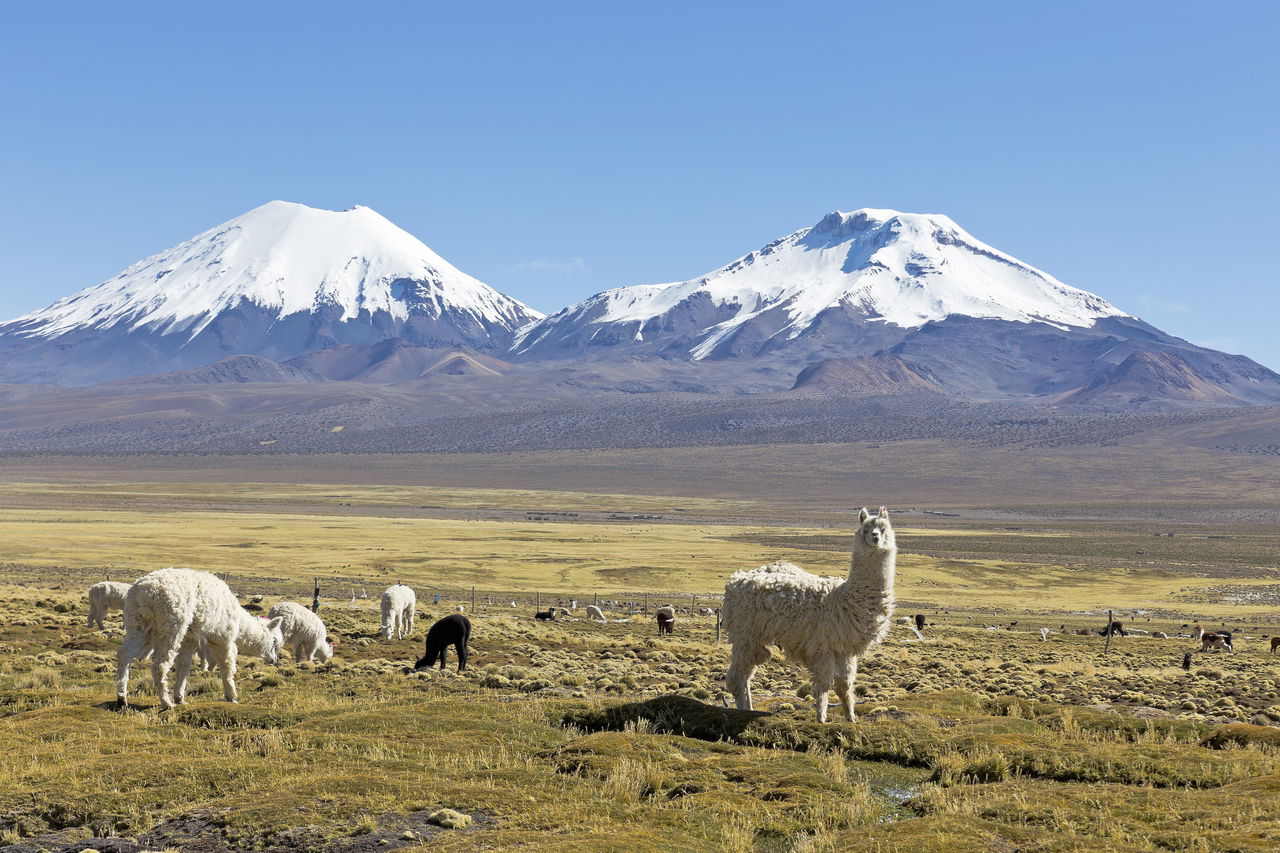Is Alpaca Better Than Sheep’s Wool?
Share
Why Alpaca Stands Out in Comfort, Warmth, and Sustainability
If you’re deciding between alpaca wool and traditional sheep’s wool for your next cozy garment, it helps to understand what makes each fiber unique.
The short answer? Alpaca fiber offers several advantages that make it an exceptional choice—especially for clothing that’s worn close to the skin.
Alpaca vs. Sheep’s Wool: A Side-by-Side Comparison
| Feature | Alpaca Fiber | Sheep’s Wool (e.g., Merino) |
|---|---|---|
| Softness | Very soft, comparable to cashmere | Varies; Merino is soft, but regular wool can itch |
| Warmth | Warmer than sheep’s wool with better insulation | Warm but less insulating than alpaca |
| Weight | Lighter for the same warmth | Heavier |
| Durability | Strong and long-lasting | Durable but can wear out faster |
| Hypoallergenic | Yes – contains no lanolin, so less itchy | No – contains lanolin, can cause irritation |
| Water Resistance | Naturally water-repellent | Absorbs more moisture |
| Pilling | Low tendency to pill | Higher tendency to pill |
| Shine | Natural luster and sheen | Usually more matte |
Alpaca and Sustainability
Alpacas are gentle grazers with a minimal environmental footprint:
- Their soft padded feet cause less soil damage compared to sheep’s hooves.
- They eat plants without destroying root systems, supporting ecosystem health.
- Alpacas produce more usable fiber per animal, making them efficient natural fiber producers.
The Verdict: Why Choose Alpaca?
If you want a fiber that’s:
- Softer and warmer
- Lightweight yet durable
- Hypoallergenic and itch-free
- Environmentally friendly and sustainable
Then alpaca wool is the superior choice—especially for luxury clothing worn next to the skin.
👉 Please refer to the Fabric & Care section on individual product pages for specific garment care tips.
🧶 Discover Our Alpaca Collection and experience the unmatched comfort of alpaca wool.





